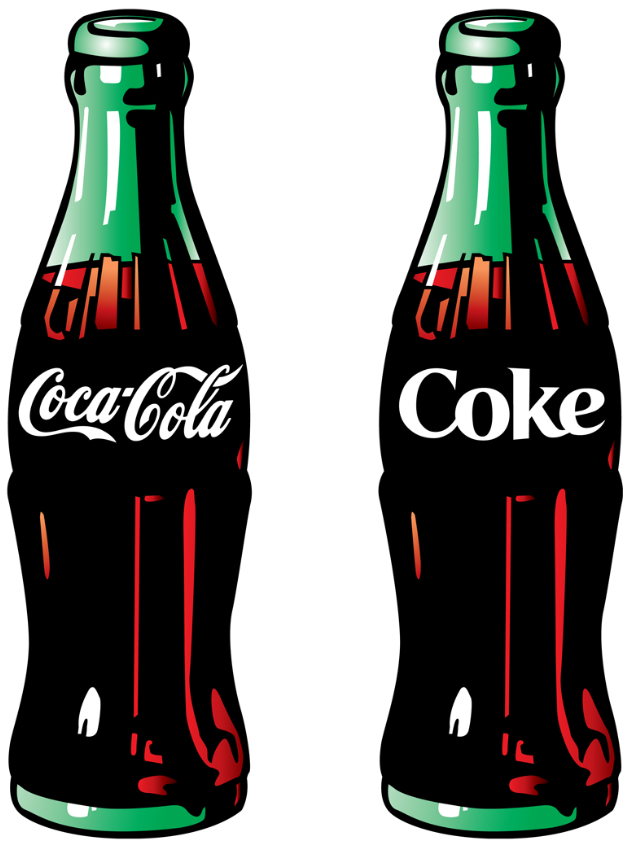FACEBOOK FACE-TO-FACE
Facebook has often been fertile soil for users with strong beliefs, viewpoints, religious convictions, political persuasions, or any other particular soapbox you want to name. That makes sense. As with all social media, it is a place where people meet online and have the opportunity to express themselves freely—perhaps at times a little too freely for some people.
Some of the ensuing disagreements have led to significant stress for some users. For example, Google executive, Ben Galbraith, has signed off Facebook until next year. He explains why (Jon Swartz, “Election Fallout Hits Social Media: Frayed Facebook Users Take Timeout from Political Posts” USA Today , November 17, 2016, pp. 1A–2A):
“ ‘I’m seeing lots of posts that fill me with anger and require several moments of conscious relaxation to prevent me from writing something that I’ll regret. I’m tired of expending so much mental and emotional energy.’ ” (p. A2)
His feelings are common to many as Swartz elaborates:
“ The abrupt decision to turn off the social media spigot of news—62% of U.S. adults get their news from it, the Pew Research Center says—as well as other media that covered the polarizing election resembles reactions people have after a car crash or assault. ”
This kind of stress and turmoil triggered by social media is saddening, but we definitely understand how and why it happens. With that in mind, one simple countermeasure can mitigate most if not all the pain, and that is simply to treat Facebook as it you were face-to-face with other people. The onus is not confined to the person that chooses to share information. The intended recipient has a responsibility too. Here’s why:
- In a face-to-face situation, a person of class does not rudely impose his or her ideas upon an unwilling or uninterested person. Why would we think that we are just fine to do so online?
- In a face-to-face situation, a person of class will gauge the other person’s interest level and position, and adjust what information is shared and how much is shared. Why would we believe that we are free to share what we already know is potentially inappropriate, insulting, or painful?
- In a face-to-face situation, an uninterested recipient has the ability simply to change the subject of the conversation or walk away. Therefore, as potential recipients of online content, why wouldn’t we simply move on to the next post so that we do not even waste our time being bothered with content in which we already know we have no interest?
These situations are analogous to the customer that says horrific things to a customer service agent on the phone when that customer would never behave that way in person. We must remind ourselves that if civility and etiquette have validity, then they must find application in every context and in every platform. This is especially true for most social media because we lack the benefit of body language and tone.
If we would treat Facebook and all other social media as if we were face-to-face with people, then we would all be much happier and relaxed. Try it today.











